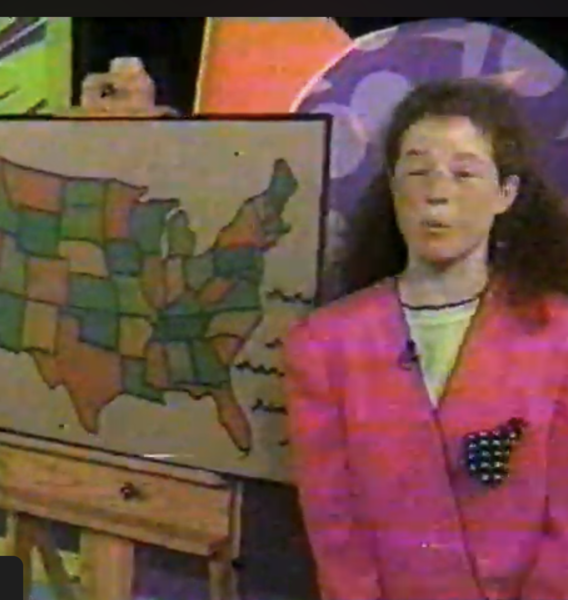S4.47 Jason Schneider 1
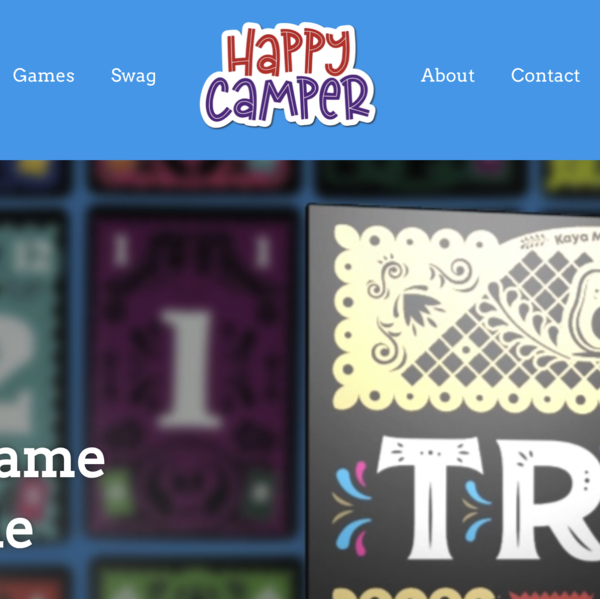
Happy Camper Games
Happy Camper has a simple mission: bring families closer together through the power of face-to-face play. We make products that foster memorable moments of joy and connection across generations.
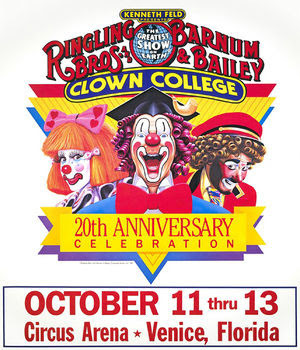
Ringling Bros. and Barnum & Bailey Clown College
Ringling Bros. and Barnum & Bailey Clown College was an American circus school which trained around 1,400 clowns in the "Ringling style" from its founding in 1968 until its closure in 1997.
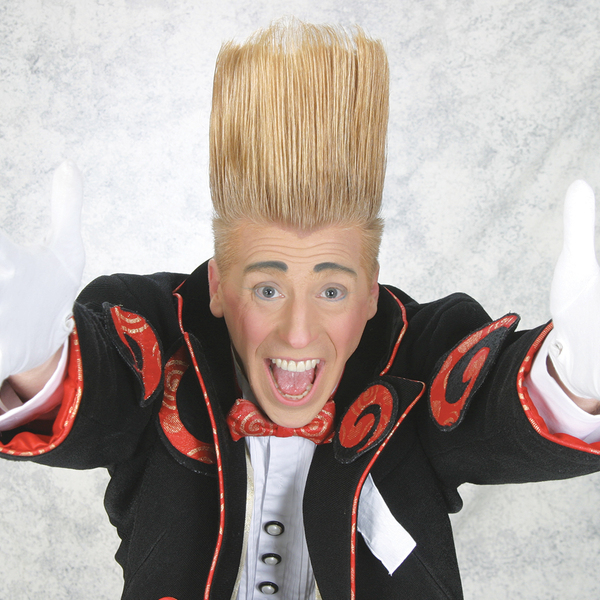
Ringmaster Bello Nock
Born in Sarasota, Florida, Nock is a seventh-generation circus performer, a descendant of the family that founded Switzerland's famous Circus Nock in the 18th century.[3] He was a star attraction for the Big Apple Circus and for the Ringling Bros. and Barnum & Bailey Circus before pursuing an independent career as a performer.
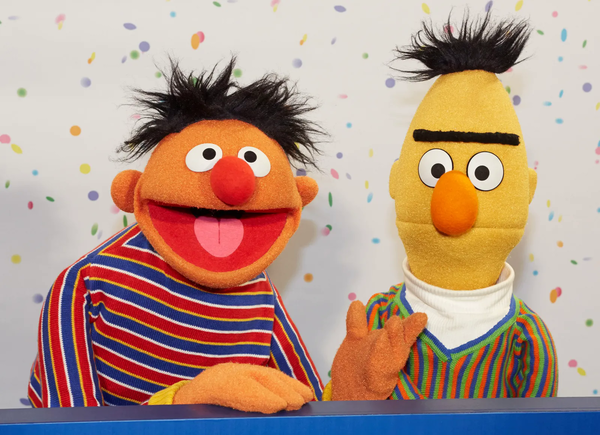
Sesame Street
Sesame Street was conceived in 1966 during discussions between television producer Joan Ganz Cooney and Carnegie Foundation vice president Lloyd Morrisett. Their goal was to create a children's television show that would "master the addictive qualities of television and do something good with them," such as helping young children prepare for school.

Zoom
Zoom is an American live-action children's television series in which child cast members present a variety of types of content, including games, recipes, science experiments, and short plays, based on ideas sent in by children, and is a remake of the 1972 television program of the same name. Created by Christopher Sarson, the series originally aired on PBS Kids from January 4, 1999 to May 6, 2005, with reruns airing until September 2, 2007, and was produced by WGBH-TV in Boston.
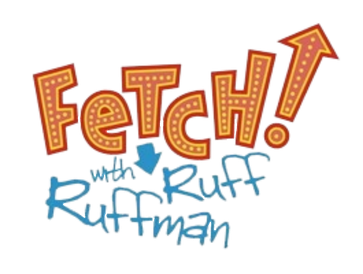
Fetch! with Ruff Ruffman
Fetch! with Ruff Ruffman (sometimes shortened as Fetch!) is an American live-action/animated television series that aired on PBS Kids Go! and is largely targeted toward children ages 6–10. It is a reality-game show hosted by Ruff Ruffman, an animated anthropomorphic dog who dispenses challenges to the show's real-life contestants. The series ran from May 29, 2006, to November 4, 2010 on PBS across five seasons and 100 episodes, and featured 30 contestants.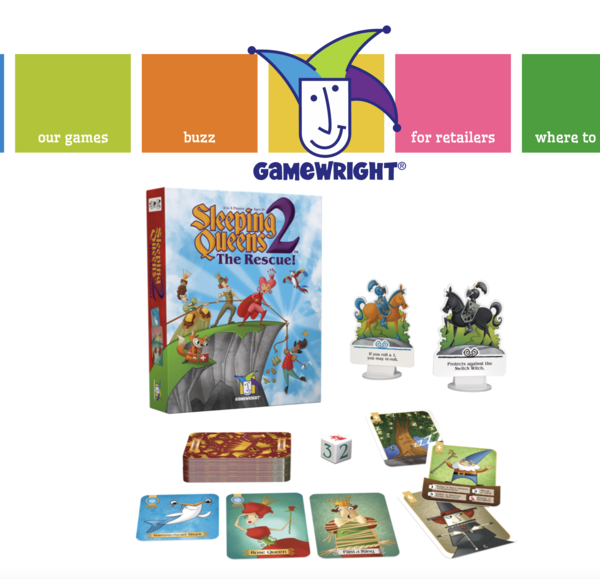
Gamewright
Gamewright was founded in 1994 by four parents whose kids wanted great games. From the start, our mission has remained clear: Create the highest quality family games with outstanding play-value. Guided by themes and experiences that transcend age and salted with a bit of irreverence, our games are designed to foster laughter, learning, friendship and fun.
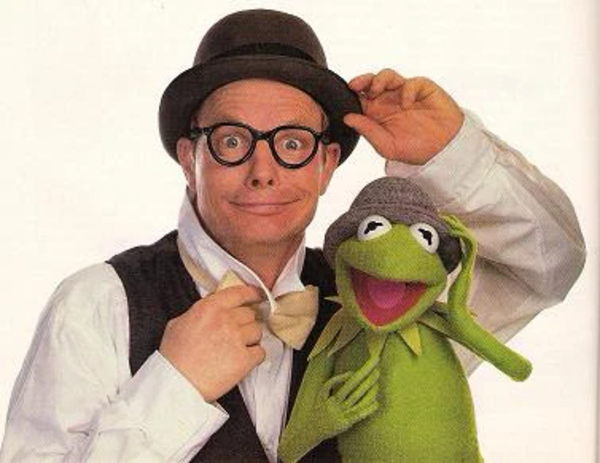
Bill Irwin
Although Irwin is best known for his theatrical clown work, he has also been featured in a number of dramatic plays. Irwin appeared with Steve Martin and Robin Williams in the Lincoln Center Off-Broadway production of Waiting for Godot, in 1988, in the role of Lucky. Lucky's only lines consist of a famous 500-word-long monologue, an ironic element for Irwin since much of his clown-based stage work was silent.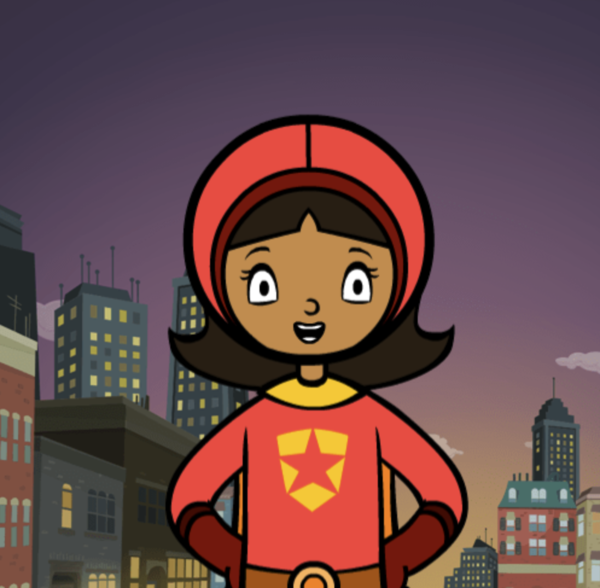
Word Girl
The series follows WordGirl, a girl with superpowers whose secret identity is Becky Botsford, a student. WordGirl was born on the fictional planet Lexicon (also a term referring to the vocabulary of a language or to a dictionary) but was sent away after sneaking onto a spaceship and sleeping there. Captain Huggy Face, Becky’s pet chimpanzee and sidekick, who was a pilot in the Lexicon Air Force, piloted the ship, but lost control when WordGirl awoke, and crash-landed on Earth (more specifically in Fair City), a planet that affords WordGirl her superpowers, including flight and super strength. WordGirl utilizes these powers to save her adoptive home, using her downed spacecraft as a secret base of operations.
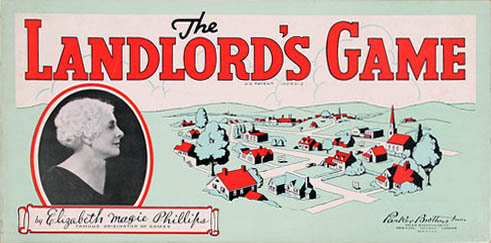
The Landlord's Game - precursor to Monopoly
The Landlord's Game is a board game patented in 1904 by Elizabeth Magie as U.S. patent 748,626. It is a realty and taxation game intended to educate users about Georgism. It is the inspiration for the 1935 board game Monopoly.
The set had rules for two different games, anti-monopolist and Monopolist. The anti-monopolist rules reward all players during wealth creation, whereas the monopolist rules incentivize forming monopolies and forcing opponents out of the game. In the anti-monopolist or Single Tax version (later called "Prosperity"), the game is won when the player with the least money doubles their original stake.
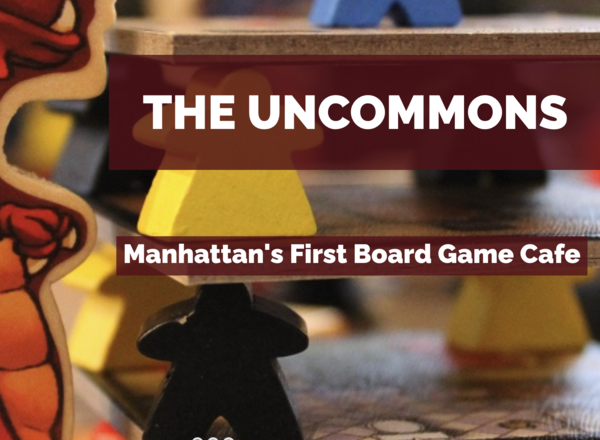
The Uncommons: board game cafe
The basic concept isn’t brand new- we’ve all wanted to play a quick game of Scrabble while relaxing and enjoying a latte. But with The Uncommons, we wanted to push further, offering a home for tabletop games of all sorts. And we’re proud to have one of the largest library of games on the East Coast.





